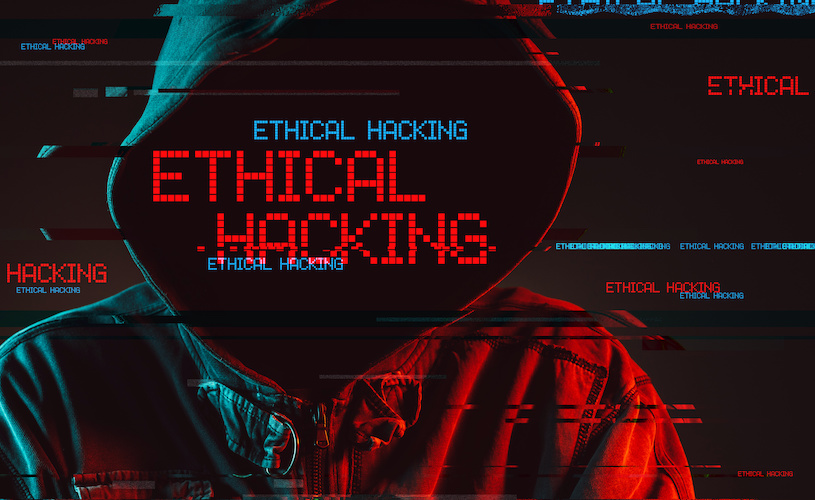Ethical hacking service is one of the fastest-growing careers in information technology, offering services that enable organisations to secure their data and prevent costly breaches that could threaten customer trust.
An ethical hacker conducts penetration testing on an organization in a controlled environment to identify vulnerabilities and make recommendations on how best to remedy them.
Reconnaissance
Hiring hackers might seem strange at first glance, but it has become an increasingly common trend. Hackers possess unique insights into the ways cyber criminals attack networks and can provide invaluable assistance identifying gaps within your security infrastructure and vulnerabilities that cyber criminals may exploit. Furthermore, they can perform penetration tests (commonly known as pentests) to detect vulnerabilities that would allow attackers into your security network and exploit any weaknesses found.
Ethical hackers mimic the techniques of cyber criminals in order to assess an organisation’s vulnerability, from web apps and websites through mobile applications, WiFi networks and IoT devices such as Smart TVs or cars.
Reconnaissance is the initial stage in ethical hacking, where ethical hackers collect data on a target system or network such as IP addresses, operating systems, application stacks, technology versions and patch levels, open ports/services and users before using scanning tools to detect exploits that match up with their findings – often by employing both automated tools and manual processes.
Scanning
Employing ethical hackers can give organizations insight into the tactics employed by malicious attackers, to protect sensitive data from security breaches that expose it and cost millions in upfront expenses as customers lose trust in their organization.
Recon is the first step of hacking, where an ethical hacker aims to gather as much data about their target machine or network as possible. This may involve gathering its IP address range, DNS records and network layout information. After recon is done, scanning employs tools designed specifically to search for vulnerabilities – running scans on ports, services and websites until vulnerabilities that could potentially be exploited are found.
A vulnerability assessment provides a report detailing all of the weaknesses that exist within a computer system or network, which hackers could exploit to gain entry and access data within it. Vulnerability assessments may also be conducted to check compliance with specific standards such as Payment Card Industry (PCI).
Testing
At this stage, ethical hackers can utilize all the information gleaned during reconnaissance and scanning stages to effectively test an organization or machine for vulnerabilities that can be exploited. They do this using tools such as network mappers, dialers, port scanners and sweepers in order to gather data for this process.
Hackers may utilize web application and API hacking techniques as well as wireless network hacking techniques to test web servers and APIs, and wireless access points. Ethical hackers must remain within legal guidelines to conduct assessments within defined parameters while respecting any sensitive information and only reporting vulnerabilities to its owner(s).
Ethical hackers can help enhance your cybersecurity posture and build trust with customers by identifying vulnerabilities in your security measures and testing for potential breaches caused by malicious hackers. Furthermore, this proactive approach to vulnerability testing provides insight into where security investments should be made for maximum benefit.
Reporting
After hacking into a system or network, an ethical hacker will present their findings as part of a report. The report may include information such as tools used, flaws discovered, success rate and project metrics – providing organizations an invaluable opportunity to learn from the ethical hacker’s experience and bolster security within their systems.
Certified Ethical Hackers will produce a report which details vulnerabilities within your IT infrastructure and offers recommendations for remediation. This document may come in different formats depending on the needs and expectations of both your organization and its stakeholders.
Hacking may be perceived as a crime by some in the media, but it can actually be an invaluable asset to your company’s cybersecurity. An ethical hacker can identify vulnerabilities within your systems to help prevent data breaches and meet regulatory compliance requirements while providing insights that allow informed decision-making about future investments that benefit both you, your customers, and society as a whole.
